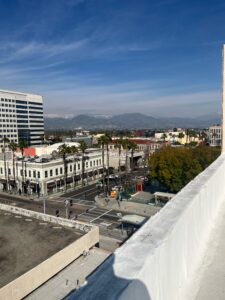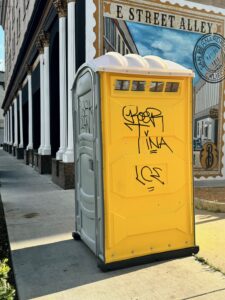Rialto to send letter to California State Senate to oppose Senate Bill 50
2 min read
Senate Bill 50 has generated a mixed response in cities and towns across the state of California, including Rialto.
On January 28, Rialto City Council approved the city manager to send a letter to the California State Senate and Senator Connie Leyva opposing Senate Bill 50.
The bill, which limits local government enforcement of planning, zoning, and design standards, aims to significantly increase housing construction in areas well suited by transit and jobs opportunities.
“Despite the recent amendment, SB 50 continues to pose a serious threat to local governments’ ability to control development within the high-transit or job-rich areas, even if the local government is taking steps to support affordable housing growth,” shared City Manager Rod Foster.
In addressing concerns from cities across the state, Senator Scott Weiner recently moved forward with an amendment to the bill, called the “local flexibility plan.”
The plan, which aims to implement more input and local flexibility on how to implement the legislation, still leaves many components undefined.
“The recent amendment created an alternative planning process for jurisdictions to develop a ‘local flexibility plan’ that, if approved by the California Department of Housing and Community Development (HCD), would exempt cities from nearly all aspects of SB 50 with the exception of requiring four-plexes in single-family zones,” continued Foster.
With the amendment made, city council and staff have many concerns that yet to be answered.
“Senate Bill 50 gives housing developers and transit agencies, who are unaccountable to local voters, the power to determine housing densities, heights up to 55 feet, parking requirements, and design review standards for “transit-rich housing projects” within one-half mile of a major transit stop,” Foster said.
“For the transit-rich housing projects within one-quarter mile radius of a stop on a high-quality bus corridor, developers would be able to determine housing density, and parking requirements above .5 spots per unit,” concluded Foster.
Currently, Rialto city staff is working on a broader legislative agenda to present to city council to address future legislation.
For more information, visit yourrialto.com.






